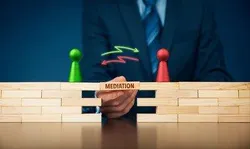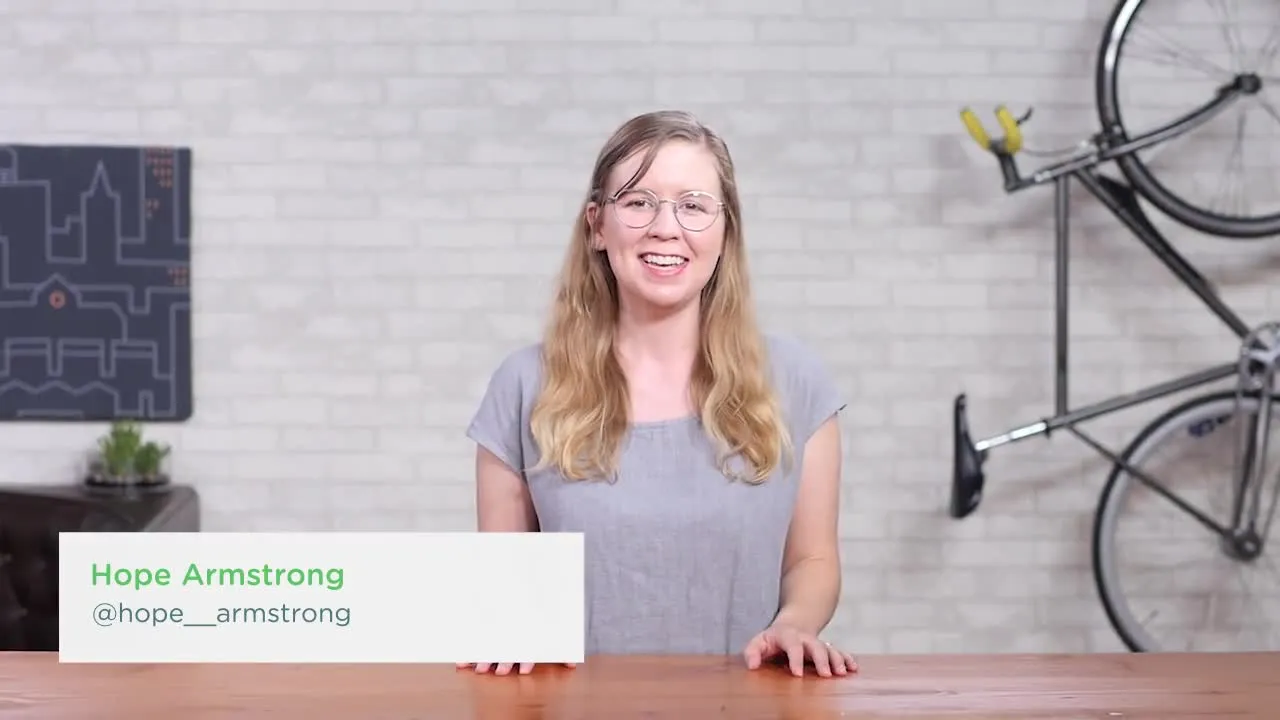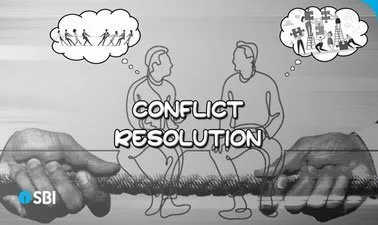
Conflict Management: Mediation 
This course will provide you with the skills and knowledge to effectively manage conflicts through mediation. You will learn the basics of mediation, emotional regulation strategies, and communication techniques to help de-escalate conflicts. Through online learning, you will gain the skills to become a successful mediator and help others resolve their conflicts. ▼
ADVERTISEMENT
Course Feature
![]() Cost:
Cost:
Free
![]() Provider:
Provider:
Edx
![]() Certificate:
Certificate:
Paid Certification
![]() Language:
Language:
English
![]() Start Date:
Start Date:
Self paced
Course Overview
❗The content presented here is sourced directly from Edx platform. For comprehensive course details, including enrollment information, simply click on the 'Go to class' link on our website.
Updated in [May 25th, 2023]
This course is designed for those who want to become mediators, as well as for those who want to learn how to manage conflicts in their daily lives.
This course, Conflict Management: Mediation, provides an introduction to the fascinating world of mediation. Participants will learn the basics of effective mediation, emotional regulation strategies, and communication techniques to help de-escalate conflicts. This course is designed for those who want to become mediators, as well as those who want to learn how to manage conflicts in their daily lives.
The course will begin by introducing the concept of mediation and its importance in conflict management. Participants will learn the fundamentals of mediation, including the roles of the mediator, the parties in conflict, and the process of mediation. They will also learn the different types of mediation, such as facilitative, evaluative, and transformative.
Participants will then explore the skills and techniques necessary for successful mediation. They will learn how to create a safe and respectful environment, how to listen and ask questions, and how to use active listening and reflective techniques. They will also learn how to identify and address underlying issues, how to manage emotions, and how to develop a plan for resolution.
The course will also cover the legal aspects of mediation, including the different types of agreements and the enforcement of agreements. Participants will learn how to prepare for a mediation session, how to manage difficult conversations, and how to handle difficult parties.
Finally, participants will learn how to evaluate the success of a mediation session and how to apply the skills and techniques learned in the course to their own lives. They will also have the opportunity to practice their mediation skills in a simulated mediation session.
At the end of the course, participants will have a better understanding of the fundamentals of mediation and the skills and techniques necessary for successful mediation. They will be better equipped to manage conflicts in their daily lives and to become effective mediators.
[Applications]
After completing this course, participants can apply the knowledge and skills acquired to help resolve conflicts in their own lives, as well as in the lives of others. Participants can use the mediation techniques they have learned to help parties in conflict reach a mutually beneficial agreement. Additionally, participants can use the emotional regulation strategies they have learned to help parties in conflict manage their emotions and communicate more effectively. Finally, participants can use the communication techniques they have learned to help parties in conflict better understand each other and work towards a resolution.
[Career Paths]
[Career Paths]
1. Mediator: Mediators are professionals who help parties in conflict to reach an agreement. They are trained to listen to both sides, identify the issues, and help the parties to come to a mutually acceptable resolution. Mediators must have excellent communication and negotiation skills, as well as a deep understanding of the legal system.
2. Conflict Resolution Specialist: Conflict resolution specialists are professionals who help individuals and organizations to manage and resolve conflicts. They use a variety of techniques, such as mediation, negotiation, and arbitration, to help parties in conflict to reach a resolution. Conflict resolution specialists must have strong interpersonal skills and be able to think critically and objectively.
3. Dispute Resolution Professional: Dispute resolution professionals are professionals who specialize in resolving disputes between parties. They use a variety of techniques, such as mediation, negotiation, and arbitration, to help parties in conflict to reach a resolution. Dispute resolution professionals must have strong interpersonal skills and be able to think critically and objectively.
4. Negotiation Consultant: Negotiation consultants are professionals who help individuals and organizations to negotiate effectively. They use a variety of techniques, such as mediation, negotiation, and arbitration, to help parties in conflict to reach a resolution. Negotiation consultants must have strong interpersonal skills and be able to think critically and objectively.
[Education Paths]
1. Bachelor's Degree in Conflict Resolution: A Bachelor's Degree in Conflict Resolution is a great way to gain the skills and knowledge necessary to become a successful mediator. This degree program typically covers topics such as negotiation, communication, problem-solving, and dispute resolution. It also provides students with the opportunity to gain hands-on experience in the field through internships and other experiential learning opportunities.
2. Master's Degree in Conflict Resolution: A Master's Degree in Conflict Resolution is a great way to further develop the skills and knowledge necessary to become a successful mediator. This degree program typically covers topics such as negotiation, communication, problem-solving, and dispute resolution. It also provides students with the opportunity to gain hands-on experience in the field through internships and other experiential learning opportunities. Additionally, this degree program often includes courses in mediation, arbitration, and other forms of alternative dispute resolution.
3. Doctoral Degree in Conflict Resolution: A Doctoral Degree in Conflict Resolution is the highest level of education available in the field. This degree program typically covers topics such as negotiation, communication, problem-solving, and dispute resolution. It also provides students with the opportunity to gain hands-on experience in the field through internships and other experiential learning opportunities. Additionally, this degree program often includes courses in mediation, arbitration, and other forms of alternative dispute resolution. Additionally, this degree program often includes research and writing components, which can help students develop the skills necessary to become a successful mediator.
4. Certificate in Conflict Resolution: A Certificate in Conflict Resolution is a great way to gain the skills and knowledge necessary to become a successful mediator. This certificate program typically covers topics such as negotiation, communication, problem-solving, and dispute resolution. It also provides students with the opportunity to gain hands-on experience in the field through internships and other experiential learning opportunities. Additionally, this certificate program often includes courses in mediation, arbitration, and other forms of alternative dispute resolution.
Course Provider

Provider Edx's Stats at AZClass
Discussion and Reviews
0.0 (Based on 0 reviews)
Explore Similar Online Courses

Basic Research

Conducting User Interviews Course

Python for Informatics: Exploring Information

Social Network Analysis

Introduction to Systematic Review and Meta-Analysis

The Analytics Edge

DCO042 - Python For Informatics

Causal Diagrams: Draw Your Assumptions Before Your Conclusions

Whole genome sequencing of bacterial genomes - tools and applications

Introduction to Conflict Management

Conflict Resolution

Mediation and Conflict Resolution
 Related Categories
Related Categories
 Popular Providers
Popular Providers
Quiz
 Submitted Sucessfully
Submitted Sucessfully
1. What is the main purpose of mediation?
2. What is the main benefit of mediation compared to traditional legal procedures?
3. What will you learn in this course?


Start your review of Conflict Management: Mediation